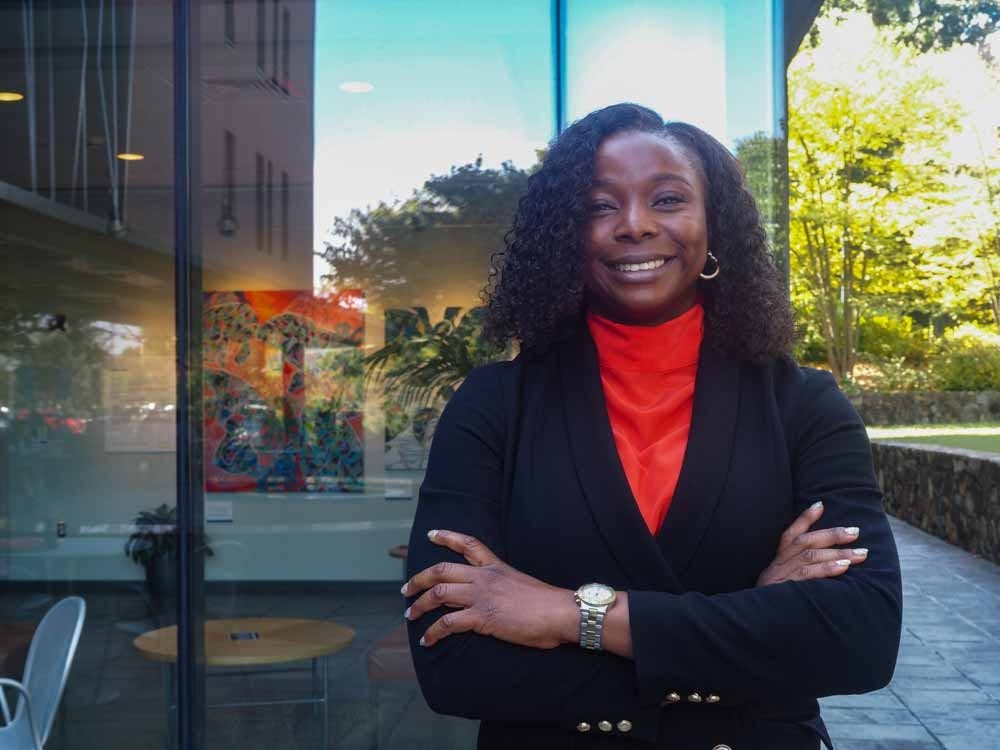The UNC African Studies Center was recently awarded a $500,000 grant by the Oak Foundation for its proposal on the creation of a digital platform for K-5 students to learn about contemporary Africa.
“We are thrilled to be embarking on a project that will impact so many K-5 students, providing up-to-date resources and curricula for teaching about Africa," Victoria Rovine, co-director of the ASC, said in an email. "Thanks to the Oak Foundation, we can build on the African Studies Center’s impact to reach students in classrooms first in the region, and eventually across the state."
Oak Foundation is a grant-giving organization that provides funding to social justice and sustainability projects around the world.
The ASC will be working with the subject matter and teaching specialists within the University, in Chapel Hill-Carrboro City Schools and at the state level through the North Carolina Department of Public Instruction to ensure that instruction about Africa in K-5 classrooms promotes inclusivity and breaks down cultural misconceptions.
Before embarking on this new digitized project, the ASC supported the teaching of African culture through materials such as learning kits and book sets. These learning kits included items like books on childhood and family life that represent different cultures, as well as information on specific countries in Africa.
Ada Umenwaliri, associate director of the ASC, said that she was working with Senegal-focused kits when she first started at the ASC. But she had concerns that the initial kits perpetuated misconceptions about Africa in the West.
"I felt that continuing to showcase Africa in this way perpetuated that Africa is this part of the world where people are not leading the same lifestyles as the Western world,” Umenwaliri said.
Umenwaliri said her goal is to create a more modern version of these kits to showcase contemporary Africa and encourage globalized learning and inclusivity inside K-5 classrooms.
“As an African, I felt I had a responsibility to complement the historical items with modern Africa, and that's how the project started,” Umenwaliri said.



